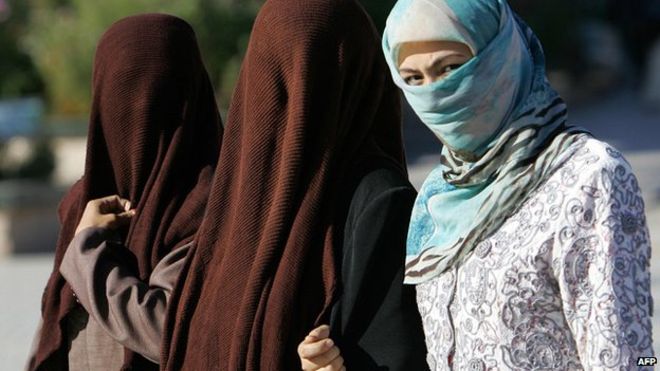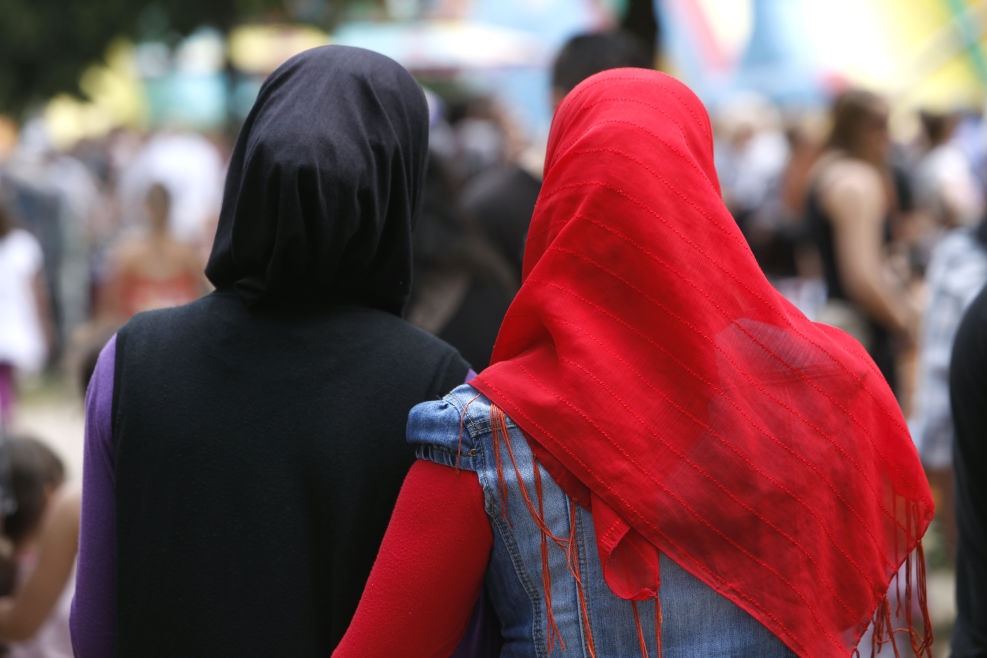Dozens of Muslim clerics in Indian-controlled Kashmir pledged to dedicate their Ramadan sermons to women’s rights on Wednesday following the suicide of a girl who police say was repeatedly raped by her father.
Local Muslim leaders said they wanted to use the holy month to highlight the challenges facing women in the disputed region, home to one of the world’s longest-running insurgencies.

The sermons will address rising cases of sexual assault and domestic violence as well as mental health issues facing women in Kashmir, said the Muttahida Majlis-e-Ulema (MMU), a council of Muslim religious leaders and scholars.
“Such crimes, rapes, have increased here,” MMU chief Mirwaiz Umar Farooq told the Thomson Reuters Foundation. “We want to make women aware about their own rights and the men and youth as well.”
The move was prompted by the suicide last month of a girl who police say was repeatedly raped by her father over several years.
Crimes against women jumped 8 percent to 3,168 cases in 2017 from 2,915 the previous year, according to government figures.
Farooq said Kashmir faced “difficult times”, blaming the long-running conflict between separatist militants and Indian troops stationed there for the neglect of women’s rights.
Many Muslims in Indian Kashmir have long resented what they see as heavy-handed rule of the Himalayan region, and a separatist insurgency has been raging since 1989.
“Our clerics across the board including Shias, Sufis, Salafis, Sunnis have consensus on this … we want to educate women about their rights,” he said.
Farooq also called for women to be given greater access to mosques, many of which do not allow them to enter, although some have separate entrances for women-only areas.
Some activists like Hameeda Nayeem, the head of the Kashmir Centre for Social and Developmental Studies, welcomed the move, saying religious leaders had the power to change attitudes and raise awareness.
But others dismissed it as “lip service” and urged Muslim leaders in the region to focus instead on concrete changes such as ending the practice of polygamy and ensuring equal inheritance rights for women.
“Mere sloganeering won’t do. Let them come forward with a roadmap for dealing with women’s issues,” said women’s rights activist Mantasha Binti Rashid.

